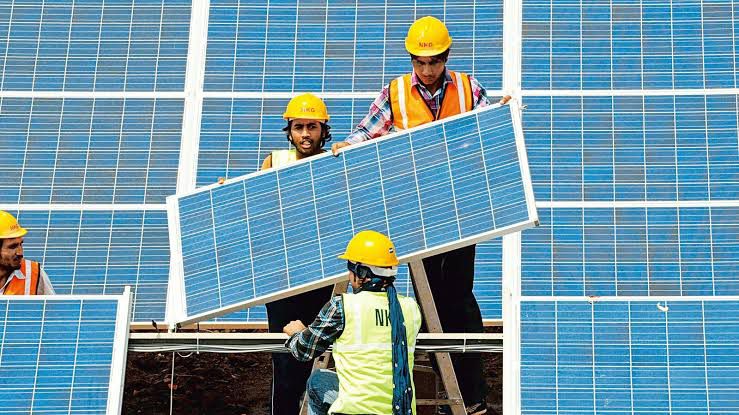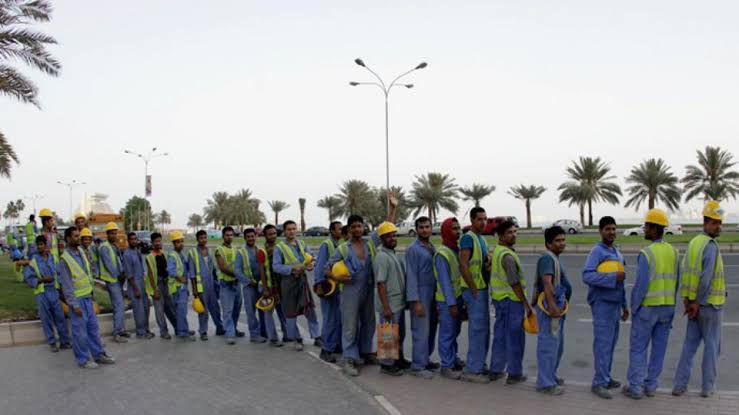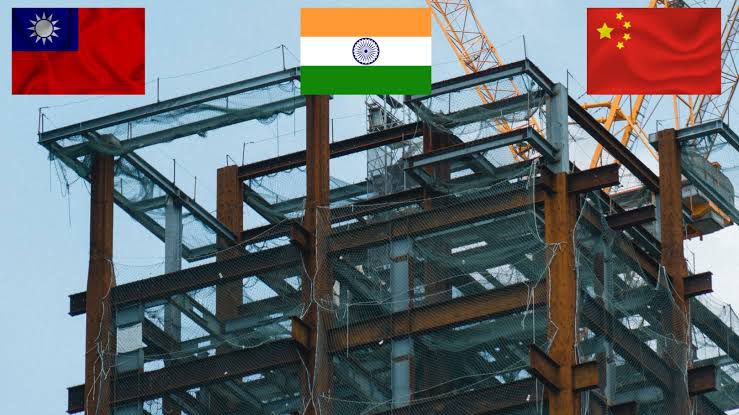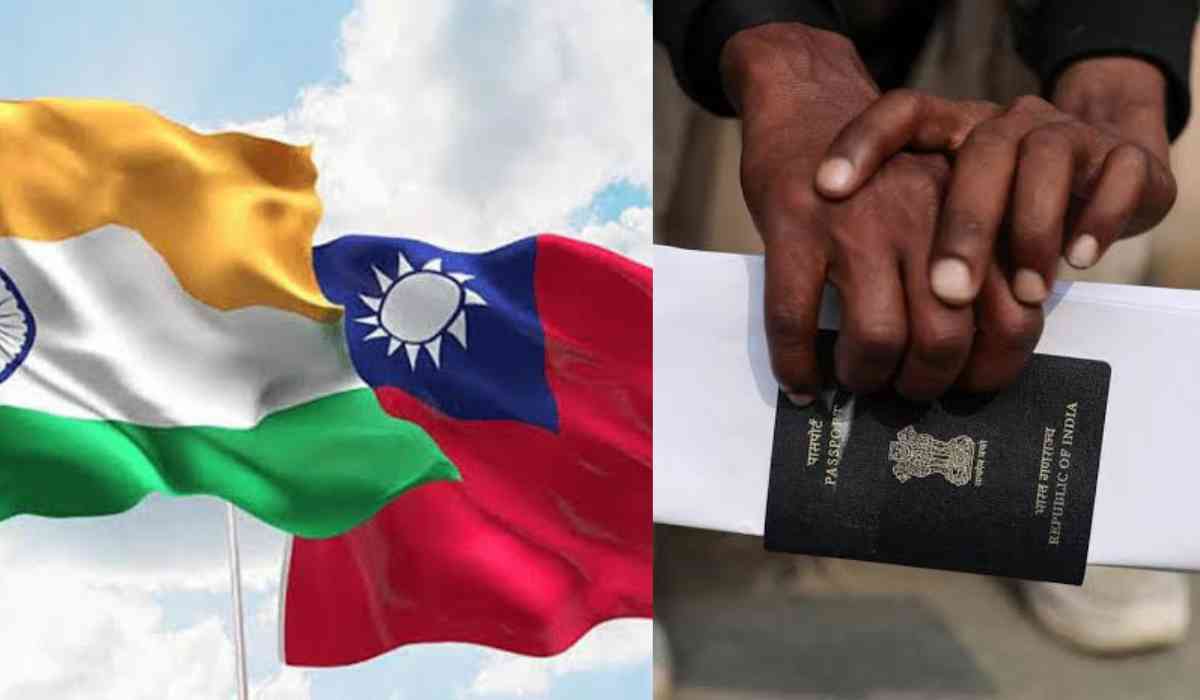On February 16, Taiwan and India signed an agreement aimed at addressing labour shortages in Taipei by welcoming Indian migrant workers, diversifying from their usual sources in Southeast Asia.
During a virtual ceremony, the Memorandum of Understanding (MoU) was signed by Manharsinh Laxmanbhai Yadav, the director general of the India Taipei Association, representing India's de facto mission in Taiwan, and Baushuan Ger, who heads the Taipei Economic and Cultural Center in New Delhi, as disclosed by Taiwan's Ministry of Labour.
In a statement released by the ministry, Taiwan announced, the finer details of the deal, including its operationalization, are however yet to be finalised. Both sides will engage in follow-up discussions to finalise procedures and schedule working-level meetings promptly.

These meetings will focus on specific details such as the industries where Indians can find employment, the quantity of available jobs, preferred regions in India for sourcing migrant workers, required qualifications for employment, language proficiency, and recruitment procedures.
Taiwan's initial focus will be on recruiting Indian workers with strong English proficiency on a limited scale. If the outcomes of the Memorandum of Understanding (MoU) are positive, the opportunities will be expanded gradually over time.
The Taiwanese side will determine the industries and quantity of Indian migrant workers to be hired. Meanwhile, the India will undertake the recruitment and training of workers based on Taiwan's requirements. All employment arrangements will adhere to the laws and regulations of both countries.
"The quality of Indian labour is stable, they are hard working and well considered," the ministry said.
Workforce shortage in Taipei
The Ministry of Labor cited Taiwan's ageing population and low birth rate, leading to significant reductions in the working-age population and the grassroots labour force in the country, as primary reasons for signing the MoU.
Taiwan's inability to meet its own workforce demands in sectors like manufacturing, construction, and agriculture has further fueled the need for migrant workers, resulting in an increasing demand year after year. Additionally, the demand for caregivers and migrant workers has been on the rise.

Taiwan accommodates approximately 700,000 migrant workers primarily from Vietnam, Indonesia, the Philippines, and Thailand. These workers are predominantly employed in manufacturing roles or as caregivers for the elderly.
Employers' associations have urged the Taiwan government to mitigate the "risk of dependence on a limited pool of source countries for migrant workers."
Germany, Italy, France, various Middle Eastern states, Singapore, and Malaysia are actively pursuing or enlarging the recruitment of Indian workers in construction, manufacturing, domestic services, and agriculture work
India-Taiwan Relationship
India does not have formal diplomatic relations with Taiwan, which is claimed by China as it adheres to the 'One China Policy' and recognizes the People's Republic of China (PRC) as the legitimate government of China.

However, there exists a strong business relationship, with India actively seeking to attract more investment and manufacturing from Taiwanese tech companies.
India operates an India-Taipei Association Office in Taiwan, while Taiwan maintains the Taipei Economic and Cultural Center in India (TECC).
©️ Copyright 2024. All Rights Reserved Powered by Vygr Media
























